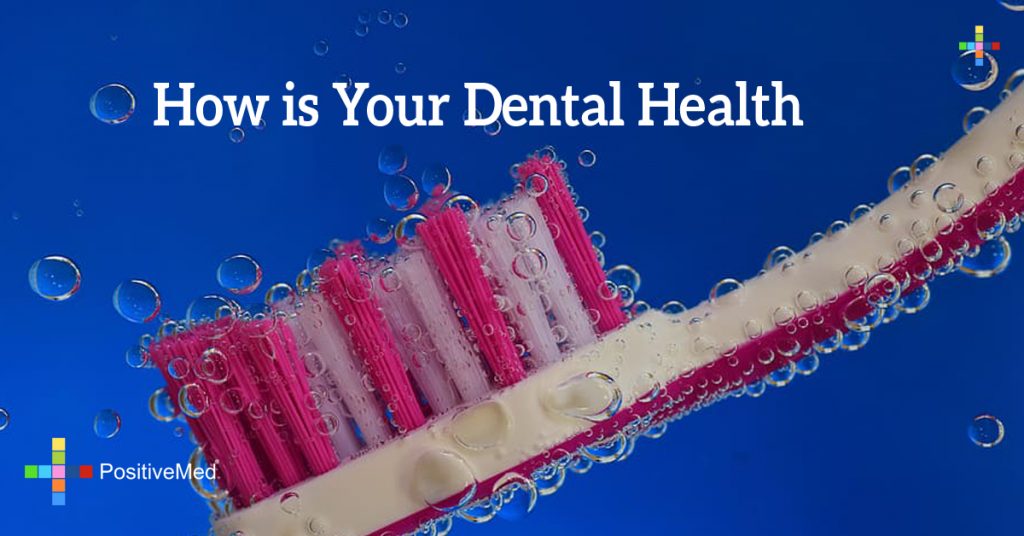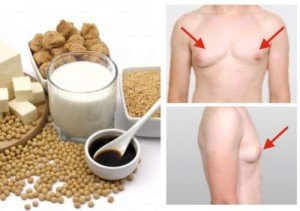
How is Your Dental Health
By PositiveMed-Team
Edited By Stephanie Dawson
Usually when we wake up and look at ourselves in the mirror the first thing we look at is our teeth. A healthy mouth leads to a bright smile and a more confident you. Dental health is one of the biggest indicators of personal hygiene. It enhances our smile and speaks of our overall health. By taking care of our mouths we can avoid many diseases.
The importance of a healthy mouth can be described best with the help of some statistics:
1. 78% of Americans have at least one cavity by the time they are 17 years old
2. In the year 2007 Americans made 500 million visits to dentists and spent $98.6 billion on medications and mouth care treatments.
3. 80% of Americans suffer from gum disease in some form.
4. 3 out of 4 patients that require dental treatments do not replace their toothbrush as required.
5. Men are more prone to dental diseases than women.

Many believe that poor oral health only leads to lost teeth and gum problems, the truth is that oral health is linked to our overall well-being.
Poor dental health may lead to severe illness, heart disorders, stroke, diabetes, premature birth, cancer, and even Alzheimer’s disease.
Diabetes and oral health
Studies show that 33% of those who suffer from diabetes do not know it. Patients who have multiple abscesses in their mouth often suffer from diabetes and can be informed about it by their dentists. Infections in the gums can result in production of proteins known as cytokines, these proteins boost insulin resistance and makes it difficult for the body to control blood sugar levels. The reverse effect of uncontrolled diabetes makes it difficult for the body to heal the gum infection.
Oral health and heart disease
According to American Academy of Periodontology people with periodontal disease are twice as likely to have coronary artery disorders as those without. One theory suggests that the bacteria in the mouth attaches itself to fatty plaques in the coronary arteries and results in clots that lead to strokes and inflammation which leads to plaque formation.
Some tips for good oral care
1. Experts suggest that toothbrushes should be replaced every 2-3 months and after an illness.
2. Replace unhealthy snacks with more natural foods like carrots, apples, and celery as they help remove food trapped in between your teeth.
3. The purpose of brushing is to keep teeth white, to keep the mouth germ-free, and keep the tongue clean. Using a tongue-cleaning device can be helpful.
4. Herbs like Neem can be chewed as they remove germs from the mouth and strengthen the gums.
5. Replace your chemical-laden toothpaste with homemade mouth cleansing agents using natural products like baking soda and strawberries. Using oil with salt is effective at keeping teeth strong.
6. Brush your teeth twice daily, when you wake up and before going to bed.
Along with the above mentioned tips regular visits to dentist can help you in keeping your mouth healthy as some problems can not be detected by you at home.





